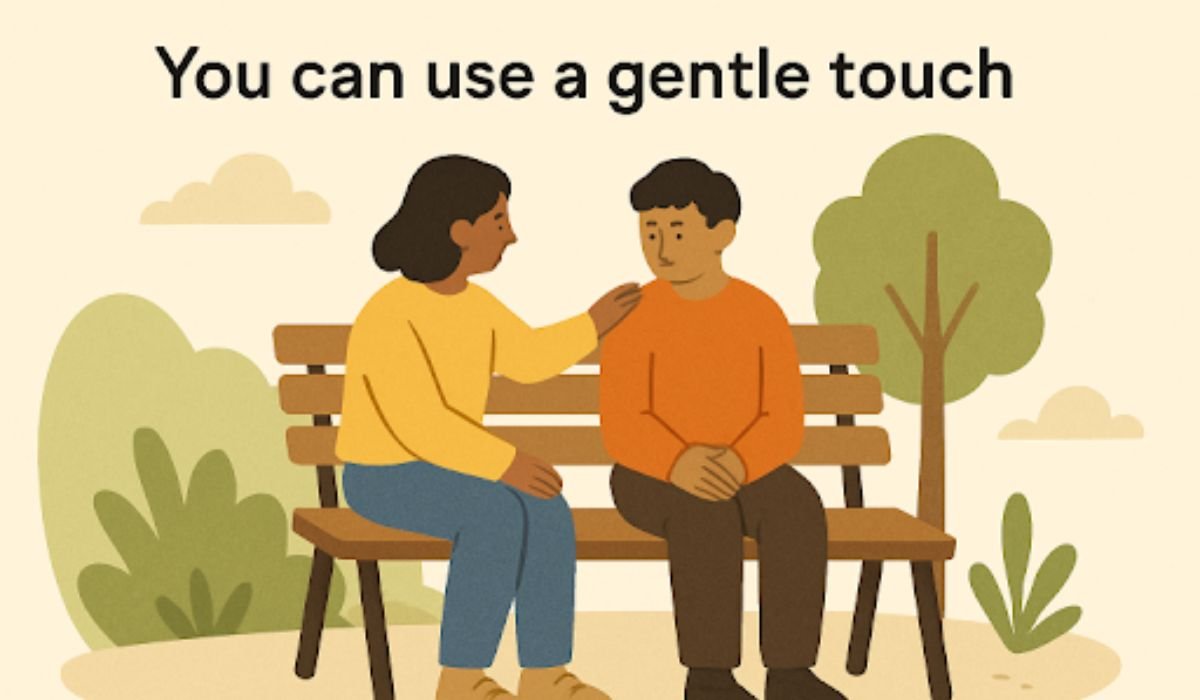What is Developmental Counseling?
Developmental counseling is a specialized form of therapy focused on addressing unique challenges and opportunities at various life stages. It takes a holistic view to foster personal growth, emotional resilience, and psychological well-being. One of the primary goals of developmental psychologists is to help individuals navigate the natural changes and challenges that occur throughout their lifespan. This type of counseling is designed to support children, adolescents, adults, and older people, tailoring interventions to meet the unique needs of each age group.
Many people encounter new stresses and uncertainties as they transition from one life stage to another. Developmental counseling helps address these issues by using targeted interventions relevant to the individual’s current phase of life. These can range from aiding children in developing social skills to assisting adults in managing mid-life crises or supporting the elderly in finding new purpose in retirement.
Benefits of Developmental Counseling
There are numerous benefits to engaging in developmental counseling, making it a valuable resource for anyone looking to improve their mental health and emotional well-being:
- Enhanced self-awareness: Understanding your strengths, weaknesses, and personal history.
- Improved emotional regulation: Learning how to manage your emotions effectively.
- Better coping strategies: Developing tools to handle stress and recover from setbacks.
- Increased confidence in handling life’s challenges: Feeling more prepared for life’s various stages and obstacles.
How Developmental Counseling Works
This type of counseling involves a series of carefully structured sessions tailored to an individual’s unique circumstances. Here’s how it generally unfolds:
- Assessment: The process begins with a thorough assessment, where the counselor gathers information about the person’s history, current situation, and specific developmental stage.
- Goal Setting: Based on the assessment, the individual and counselor work together to identify specific, achievable goals.
- Intervention: The counselor provides targeted interventions using techniques such as cognitive-behavioral therapy, mindfulness, and solution-focused therapy.
- Evaluation: Regular evaluations are conducted to assess progress and make necessary adjustments to the treatment plan.
Following these structured steps, developmental counseling provides a clear and effective roadmap for personal growth and emotional healing.
Techniques Used in Developmental Counseling
Developmental counselors employ a variety of techniques to suit an individual’s needs. Common methodologies include:
- Talk Therapy: Traditional counseling discussions to explore thoughts and feelings.
- Play Therapy for Children: Using play to help children express emotions and develop social skills.
- Art Therapy: Utilizing creative processes for emotional expression and problem-solving.
- Mindfulness Practices: Teaching clients to stay present in the moment to help reduce stress and anxiety.
Common Challenges Addressed
Developmental counseling addresses a broad spectrum of issues, providing valuable support at every stage of life. Below are some common challenges that developmental counseling can help with:
- Anxiety and Depression: Developing strategies to manage and alleviate symptoms of anxiety and depression.
- Stress: Learning techniques to cope with daily stressors effectively.
- Relationship Problems: Understanding dynamics and improving connections with others.
- Major Life Transitions: Support during significant changes like career shifts, marriage, or retirement.
Finding the Right Counselor
Choosing the right counselor is crucial for effective developmental counseling. Consider the following tips:
- Look for licensed professionals: Ensure that the counselor has specific experience in developmental counseling.
- Read recommendations: Seek out recommendations and reviews from trusted sources.
- Schedule initial consultations: Many counselors offer initial consultations, which can help you determine compatibility and comfort with the counselor.
Finding the right counselor can significantly improve the effectiveness of developmental counseling, so take the time to research and find a professional who is a good fit for you.











